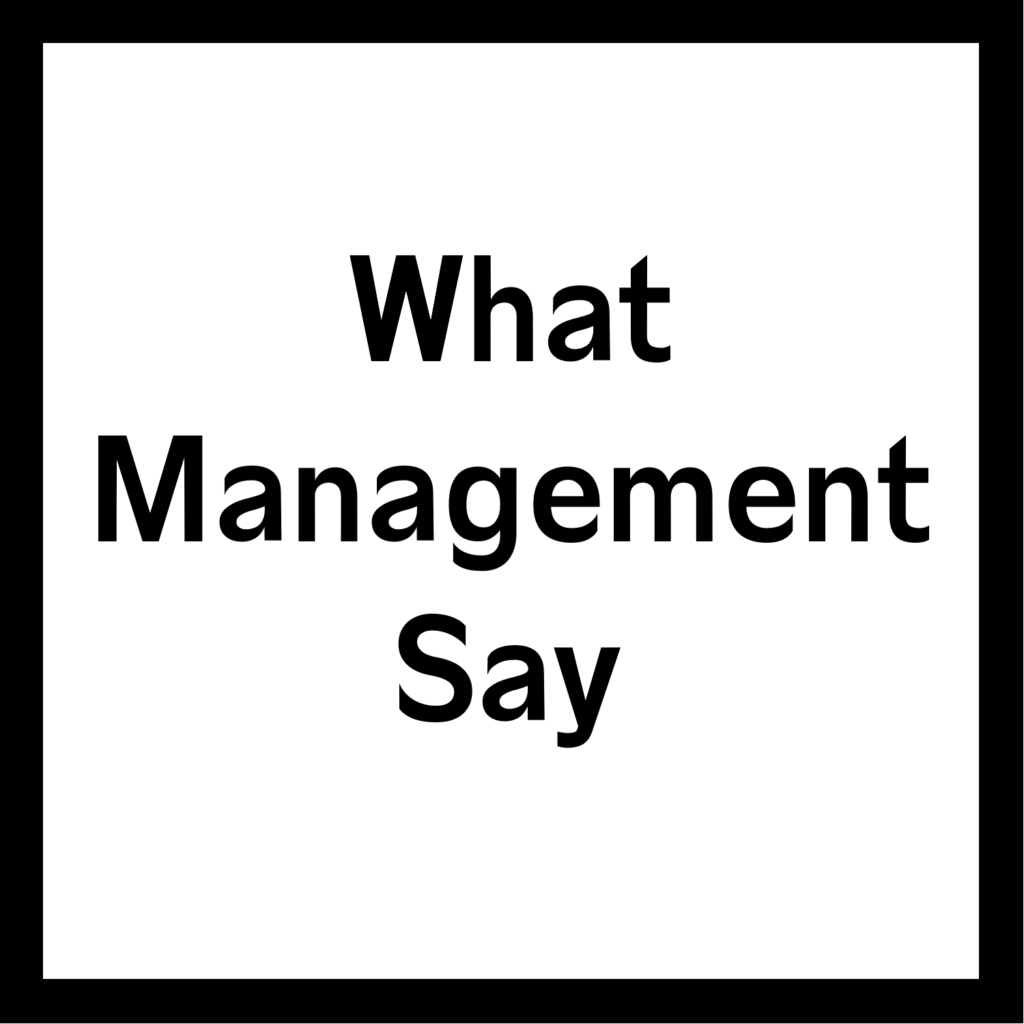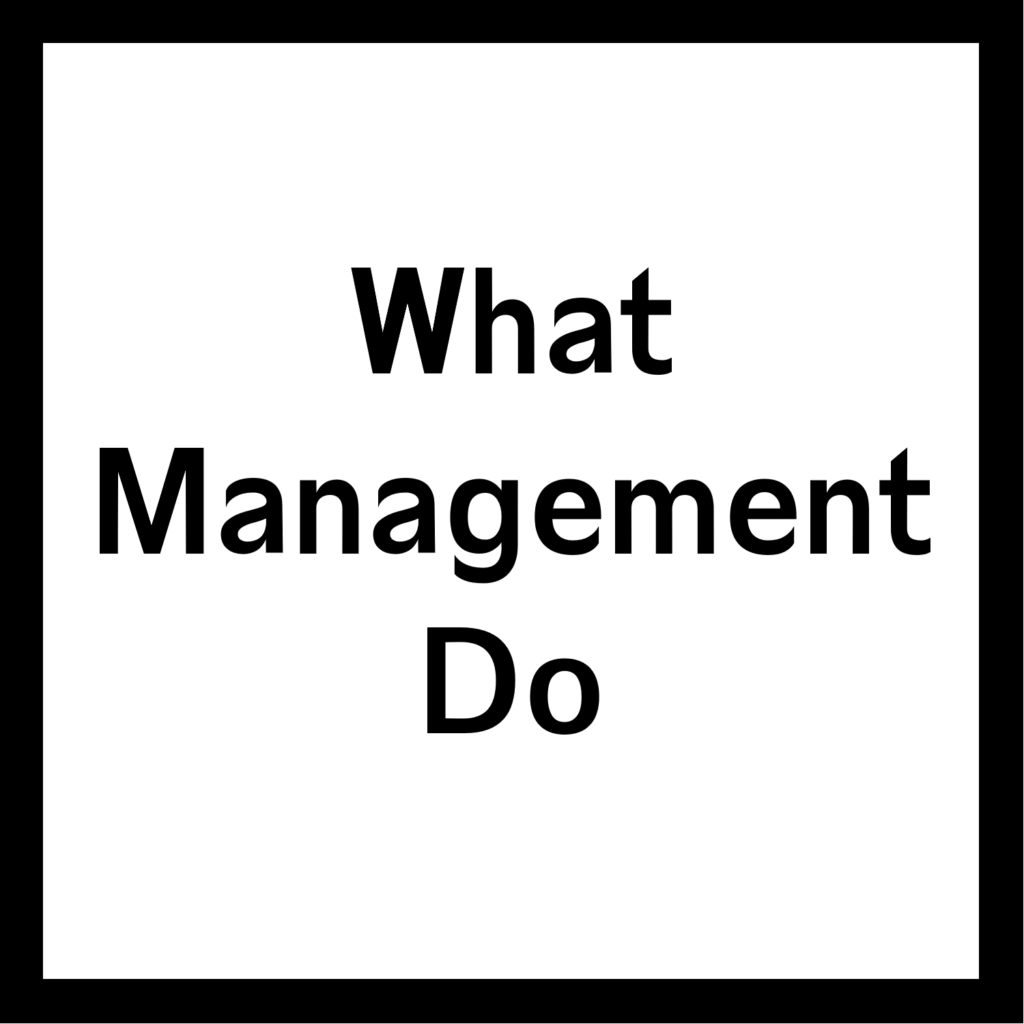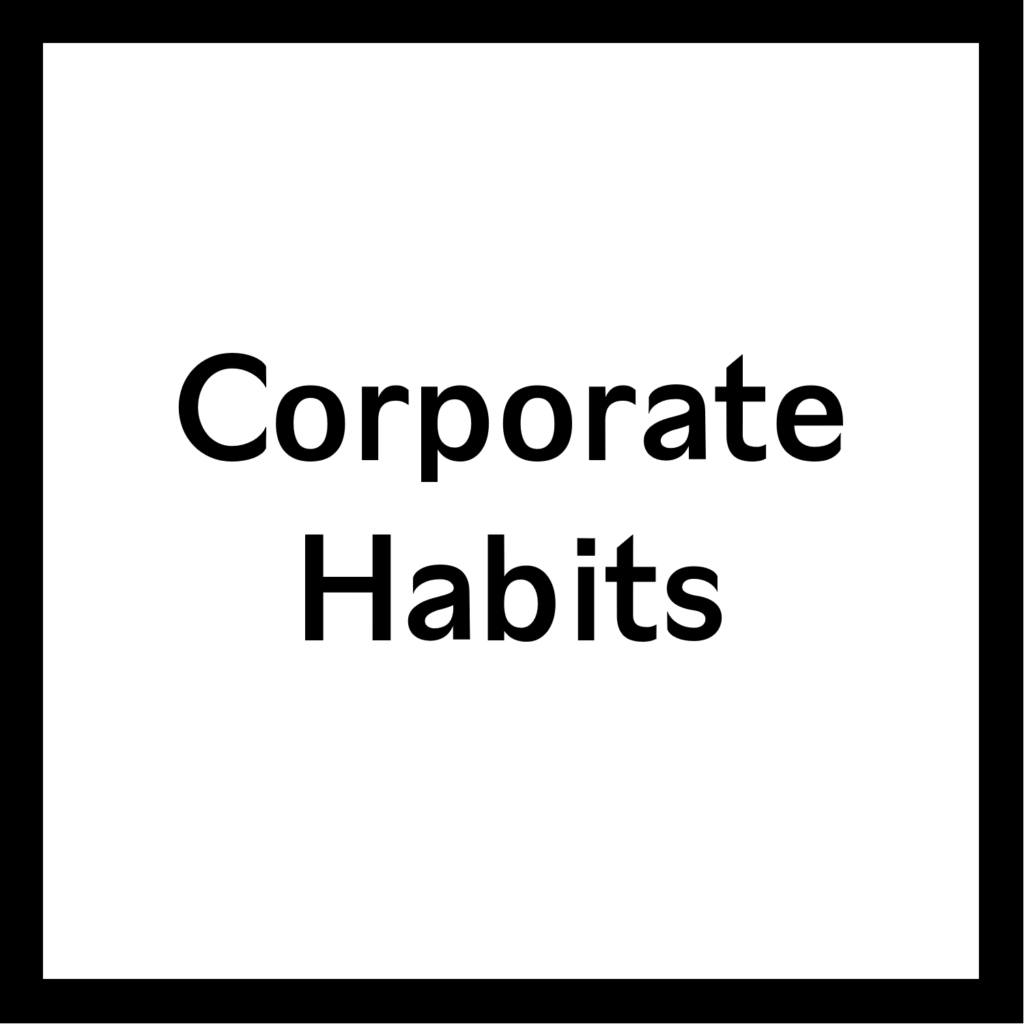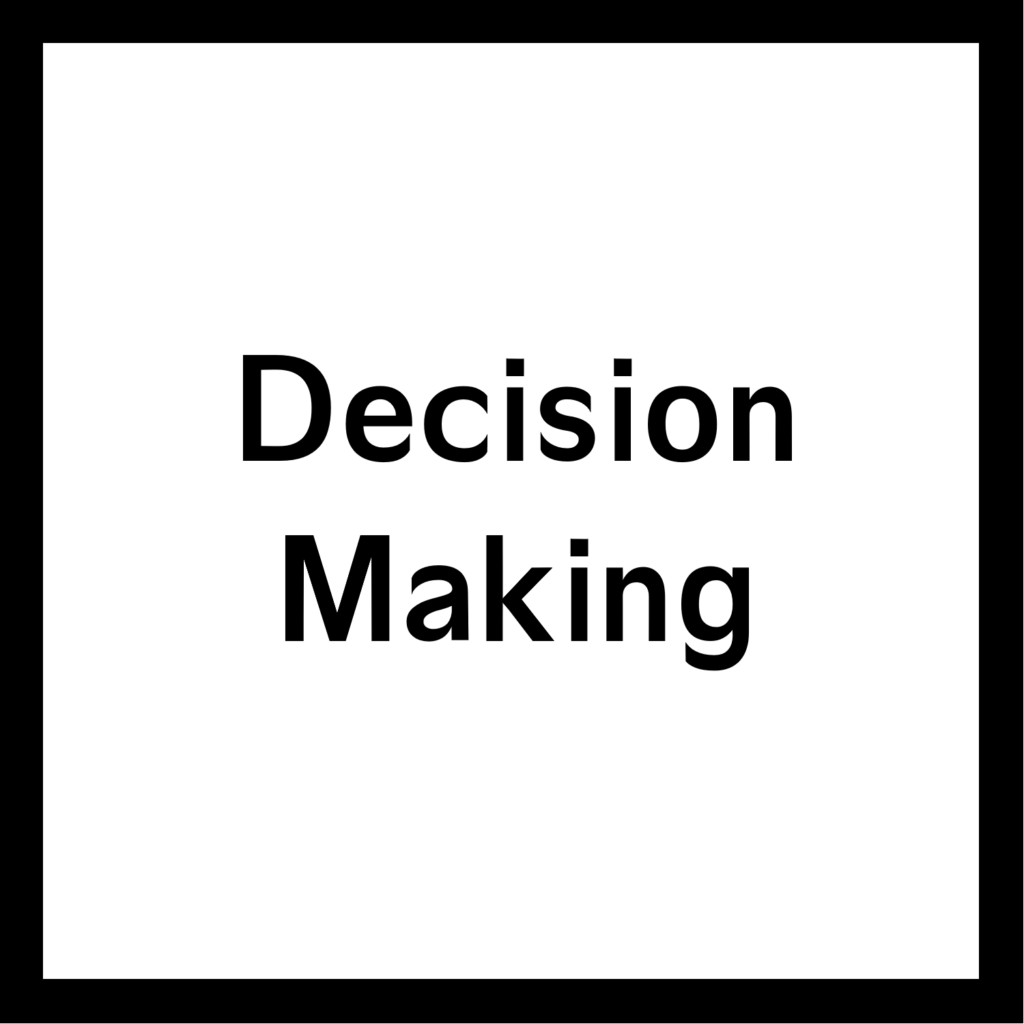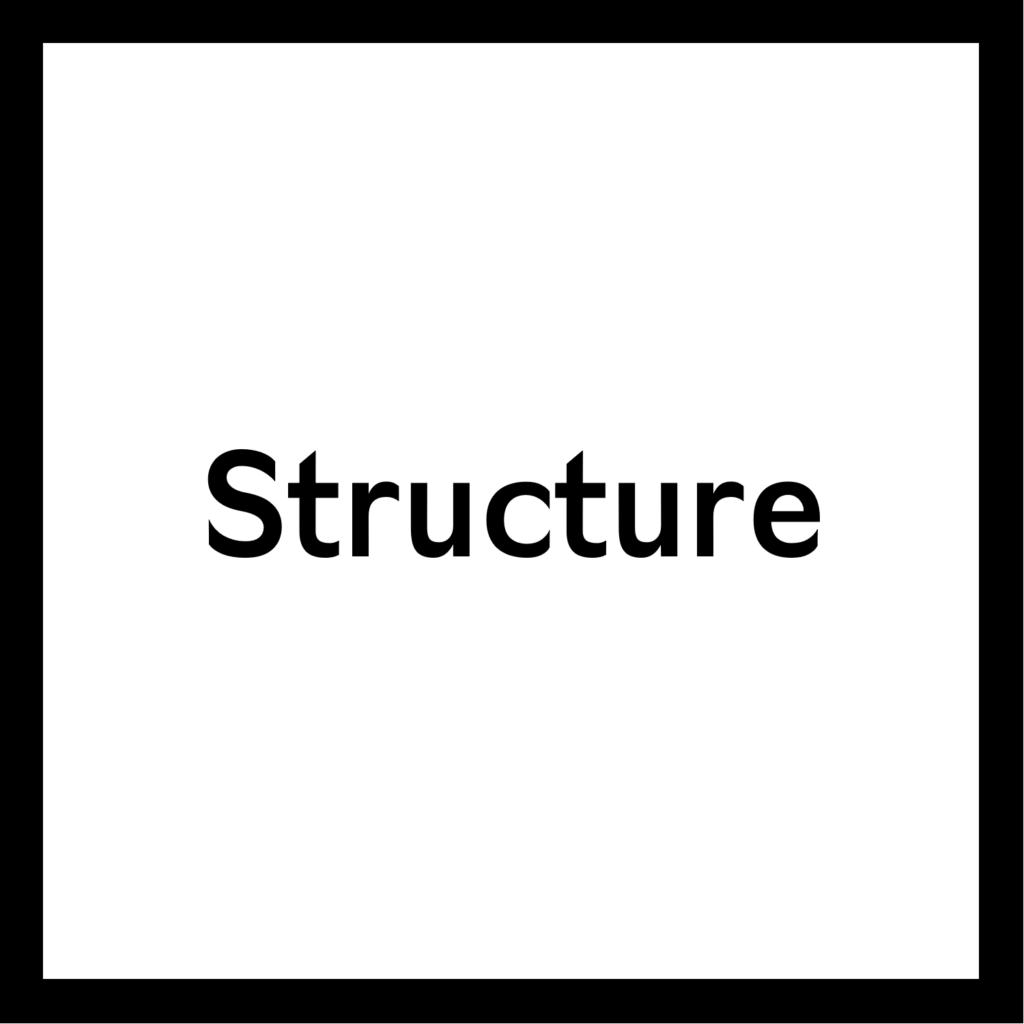
Stage 3
Transforming Your Company
Once you have worked out what sort of company you have and what sort of company you want it to be, the final and most critical task is to transform the character of your company.
At Aletheian, we have a number of methods for helping you to do this. Here are six of the areas that we tend to focus on the most. Click on each square to see how each area can be used to transform your company.
A Structured Approach to Changing Culture
In Stage 1 of the Aletheian process you got an idea of the sort of culture your company currently has. In Stage 2 of the process you developed a detailed blueprint of your desired culture, with a detailed description of what different elements of that culture would look like and how they are intended to encourage particular behaviours, attitudes, beliefs and ways of working. The job now is to transition from one to the other. This is how you can do that.
1. Take the blueprint of your desired culture from Stage 2 and prioritise the various elements of that desired culture. Which will make the biggest difference to your company and its performance, and which will have less impact? Which will be easiest to change, and which are likely to be more difficult to tackle? We usually find that there are a few things that stand out – things where clients immediately say “if I could change that, it would make all the difference”.
2. Choose one element that you want to change – it is better to work on one aspect at a time, particularly to begin with. For your first efforts to change culture, it may be better not to select one of the most important or critical elements. Perhaps choose one that is easy to change where the impacts will be easy to see, leaving the most critical elements until later.
3. Think of which sort of lever might best change the element that you want to change. For example, if you want to change culture so that two teams interact differently, you can try to achieve this via a change in the structure around those two teams (such as reporting lines, seating arrangements or formal procedures). If you want to improve the effectiveness of your back office operations and align these more closely with your strategy, it might be best to look to change some relevant corporate habits. If you want to change the way that decisions are made, change the structure of the decision making process itself, such as introducing a different way of gathering and analysing information, or a different way of identifying all the different possible courses of action, or a different way of assessing all of the different options.
4. Once you have decided on which sort of lever to use to achieve change, work out the fine detail. Remember that many cultural changes are achieved indirectly, by influencing people or by changing the social cues that people respond to. This is often a very subtle process that changes the way people think and approach their roles. That in turn changes the way they do their jobs and the results they get. Other changes are achieved more directly, by direct interventions to get people to do things differently.
When you influence people to do things differently, that new way of doing things usually feels natural to them from the start. When you are more directive and tell people to do things differently, the new way of doing things will feel awkward at first, but it will become normalised through repetition and reinforcement and it is absorbed into the culture. Small changes can have a big impact, particularly if the change will cascade throughout the organisation as people imitate the new way of doing things.
Most initiatives to change culture will involve some form of communication. Think carefully about how and when you communicate, and ensure that you are not contradicting or undermining your message, either explicitly via other messages or indirectly via any hidden messages that you may be sending. For example, a message trying to encourage people to take more initiative would be undermined if there were other parallel messages about centralised control.
5. Observe the effect of the change and reinforce or adjust as necessary. The best approach to culture change is one of constant experimentation, to see what works and what does not.
Changing culture is not a “once and done” process. It requires constant attention and reinforcement. Any culture is constantly changing, and as soon as you stop trying to manage and shape culture it begins to develop on its own, often in random directions that do not help your business.
© Aletheian Advisors Ltd, 2025
